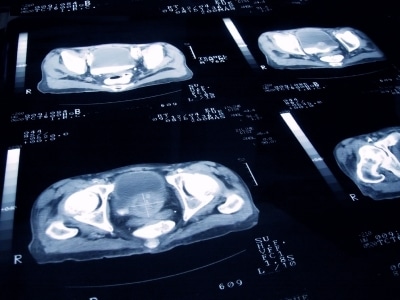 BPH Drugs
BPH Drugs
Last month the FDA came out with a new warning concerning a class of BPH drugs commonly used to treat enlarged prostates. A class of BPH drugs which inhibit the conversion of testosterone to dihydro-testosterone, responsible for enlarging the prostate and hair loss. In the process of expanding the drugs indication to include reducing prostate cancer a different conclusion was made.
5 Alpha Reductase Inhibitors
This is the class of BPH drugs that currently are used to treat men with an enlarged prostate, who have voiding symptoms and in smaller doses used to treat hair loss in men . These drugs are commonly known as Proscar, Avodart and for hair loss Propecia. They have been used for many years without much controversy. The 1 mg dose of Propecia has few if any side effects, but the 5 mg dose used for prostatic hypertrophy is not so benign. Prior to this study the biggest complaint was impotence and even after this study the biggest complaint will be impotence ( but that’s another article)
Study and Results
Glaxo Smith Kline was attempting to enlarge their drug Avodart’s indications to include prostate cancer prevention in men with negative prostate biopsy and elevated PSA. Two large studies had surprising results, while the incidence of low-grade less aggressive cancer was reduced there was an increase in high-grade prostate cancer. The results indicated that out of 200 men treated there would be 1 additional case of high-grade cancer. The overall incidence of cancer did go down. High grade cancers are the most aggressive and hardest to cure.
What to Do
Prior to starting any drug you should always discuss the benefits and risks with you doctor. Understand why you are taking it what you should expect to be gaining and know the risks. Once you have this information you can make an educated decision, if the risks are worth the benefits.
In Benign Prostatic Hypertrophy (BPH) I have always felt that , unlike neighboring organs, size doesn’t matter. You treat patients based on their symptoms starting with the most benign treatment and progressing as warranted. In the case of BPH minor symptoms may be treated with saw palmetto and if no results possibly an alpha blocker and then and only then one progresses to the next level of drug, the 5-alpha reductase blocker or surgery.
Propecia is a much smaller dose normally 1/5 of the dosage used for BPH and there are no studies to indicate that there is any increase in prostate cancer with its use.
See related articles.
“Understanding Hormone Replacement Therapy in Men”
“Junk Food: the New Male Contraceptive?”
